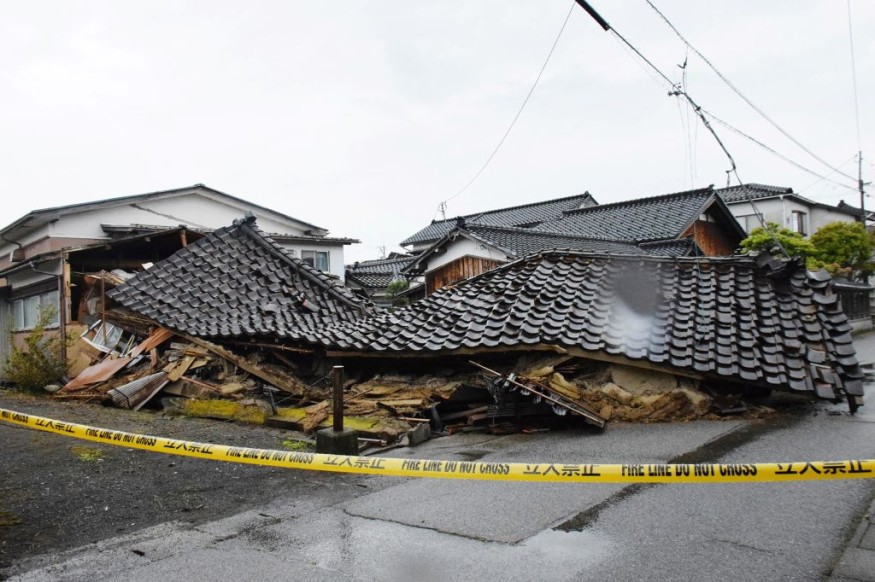A 6.2 magnitude powerful earthquake rocked parts of South Hokkaido, Japan on Sunday.
No tsunamis alert were reported after the quake.
Japan is prone to earthquakes as the country is under the Pacific Ring of Fire.
Japan's 6.2 magnitude earthquake

The latest reports, AccuWeather, explained that no tsunami alerts were detected, but quake tremors unfolded that could likely result in landslides.
No casualties were also after the quakes.
Meanwhile, the Japan Times reported that the earthquake was found 140 kilometers dept at the Urakawa's coast in Hokkaido.
Furthermore, Japan Meteorological Agency reported the importance of staying vigilant for future seismic activity.
According to AccuWeather, Japan is considered a populated island in Japan.
The report added that the Michigan Technological University explained that 100 earthquakes reached 6.1 to 6.9 magnitudes yearly.
Nature World News (NWN) recently reported on May 27, 2023, that a 6.2 magnitude earthquake hit Japan.
No casualties or tsunamis were reported.
Japan's weather conditions
In the latest reports, The Japan Today and Kyodo News reported that the weather agency declared a rainy season in the country.
The latest report explained that Japan's Central and Northeast areas experienced soggy weather conditions.
However, the report noted that the rainy season is not in the northernmost prefecture of Hokkaido, Japan.
Staying prepared for earthquakes
While earthquake is hard to detect, it is best that homeowners and communities should keep updated with the weather and earthquake alerts.
Earthquakes could help people anticipate quakes' impact, especially in Japan. Quakes can result in devastating damages and tsunamis.
Here are important reminders for communities to stay prepared for possible earthquakes.
Keep updated with news reports
Keeping multiple information sources would help people keep updated with earthquake alerts using mobile phones, radio, televisions or social media.
Staying alert with earthquake reports can help communities to anticipate potential tremors and tsunamis.
Furthermore, checking your home is essential to check if it could shake or fall. Securing windows, doors, cabinets and doors are suggested.
Remember Drop, Cover and Hold On
It is best that homeowners should practice the Drop, Cover and Hold On. Falling or flying debris could become the main concern when tremors occur.
Communities should look for protected spaces. It is also essential to cover your head. In addition, holding on is helpful when things or tables are moving.
After the earthquake, it is best to anticipate tremors. Wait for the announcements from the authorities before returning to your homes or when it is safe.
Keeping emergency kits at home
Furthermore, homeowners should consider keeping emergency kits inside their homes for cases of emergencies, including earthquakes and severe weather conditions.
Homeowners could keep the following emergency kits:
- Battery-powered radios and flashlights
- Extra batteries
- Medicines, first aid kits and non-perishable goods
Did you know? Earthquake facts
According to the Earth Observatory of Singapore, Chile's powerful and biggest earthquake was unloaded in 1960, reaching 9.5 magnitude.
Meanwhile, 9.2 magnitude occurred in 1964 Alaska.
Devastating earthquakes can lead to catastrophic casualties, damaging infrastructure and people.
Related Article : 6.2 Magnitude Earthquake in Japan: No Tsunamis And Casualties Reported
For more news, don't forget to follow Nature World News.
© 2025 NatureWorldNews.com All rights reserved. Do not reproduce without permission.





